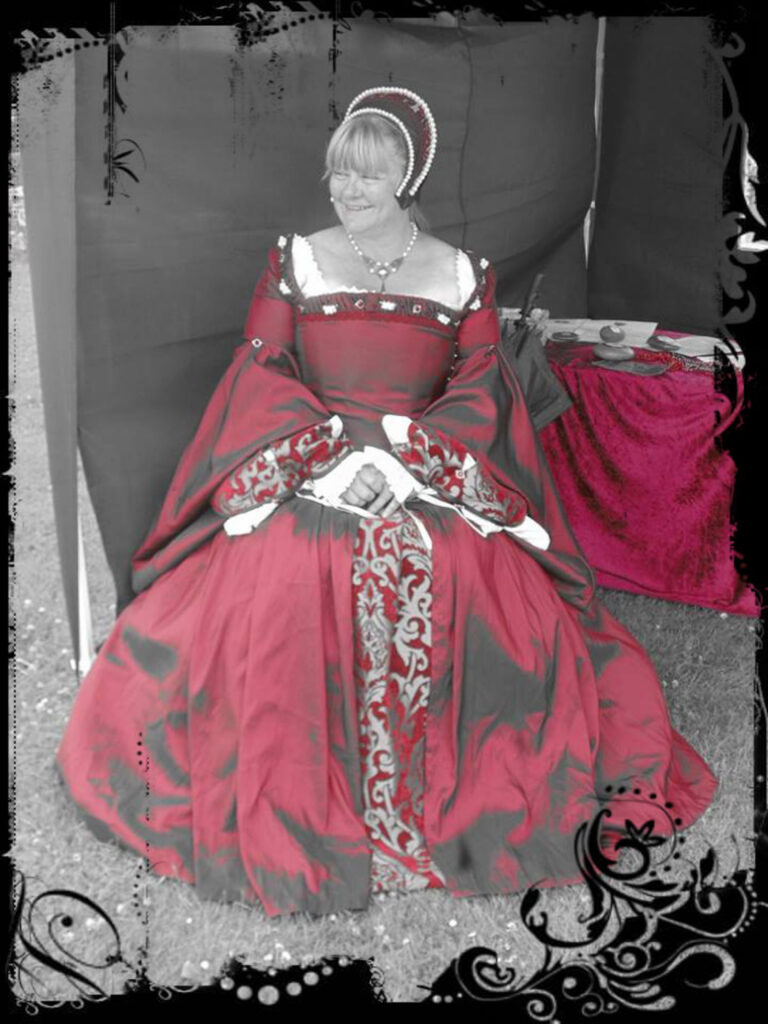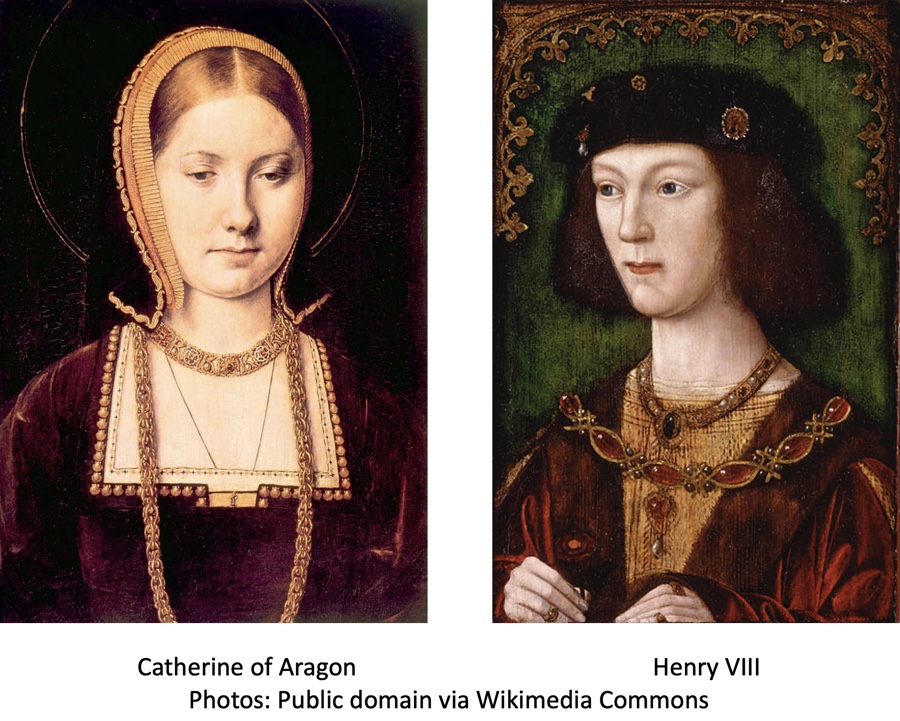 Today, I’m delighted to welcome Judith Arnopp to the blog who writes historical fiction novels, mostly set in the Tudor era. In the past, she has written in the voice of women like Anne Boleyn, Margaret Beaufort, Elizabeth of York and Mary Tudor and is now writing from the point of view of Henry VIII during his marriage to Catherine of Aragon. You can find her work on Kindle, paperback and on Audible.
Today, I’m delighted to welcome Judith Arnopp to the blog who writes historical fiction novels, mostly set in the Tudor era. In the past, she has written in the voice of women like Anne Boleyn, Margaret Beaufort, Elizabeth of York and Mary Tudor and is now writing from the point of view of Henry VIII during his marriage to Catherine of Aragon. You can find her work on Kindle, paperback and on Audible.
Judith and I are contributing to an anthology of historical stories about betrayal which will be out in November. Watch this space!
Now over to Judith!
“My books are set in Tudor England, usually featuring a known historical figure. I write in the first person so in effect, I assume the persona of someone we all love (or hate) and try to present them as they might have seen themselves. I don’t excuse their actions or try to shift blame. I simply sit down at my desk and pretend I am them. Of course, I have to do an awful lot of research before I begin but basically, I am playing a game of ‘make believe’.
Tudor England was a violent time and the lives of those I write about fuelled with hate, betrayal, treason, love and death – so much death. Of all those emotions, I find the most difficult to portray credibly is grief: an emotion often displayed by physical collapse, tugging of the hair, wailing or doing self-harm.
This might sound over dramatic but it is a known human response to sudden, irreversible loss so much so that it has become clichéd in literature. Sometimes, after reading through my morning’s work, I hate the fact it reads like a melodrama and I have to begin again. I took me a while but I’ve learned to write the scene once using all the instinctive overdramatic, bodice heaving emotion required to allow my character to vent his feelings but I then rewrite it.
Somehow, this second draft, for all its starkness, becomes more poignant. In this short (unedited) extract following the miscarriage of Henry VIII and Catherine of Aragon’s first child, Henry is outwardly calm yet inwardly torn. The first draft was very different yet this is the one that will make it to the novel.
—–
We put away the royal crib, the swaddling bands so recently laid out in readiness for our firstborn. Wrapped in furs, Kate sits in a chair by the window and stares despondently across the frost rimed garden. I don’t know what to say to her so instead I call for my horse to be made ready. I escape the cloying air of the castle and ride like a demon across the frozen groun. Brandon follows unbidden at my heels, begging me to slow down, to take care, to give a thought to England.
England. As if I had forgotten her. I ease my horse to a canter, a trot and finally to a walk. My mount lowers his head, his sides heaving, as Brandon comes along side. We halt. I knot and unknot the reins. Never in all my life have I felt less than king, less than a man. Today, I am not simply a monarch without an heir. I am a bereaved father with a wife who cannot be comforted. I shouldn’t be here at all.
I try to say something but my throat closes. I cough to clear phlegm, look up at my friend and wince at the naked pity in his face.
“There will be other sons, Harry.”
I nod silently. Clear my throat again.
“It was a girl anyway. Not a boy at all, and we are young enough, Kate and I.”
But it isn’t just about an heir. Now the fury at the loss of a son is fading, I am left with an overpowering grief for a child I never met. Each time I close my eyes I see again the skinned rabbit that was my daughter’s corpse.
I cannot unsee it.
“I should be with Kate. We’ve hardly spoken since.”
“It isn’t her fault, you know.”
“I know that.” I nod fervently. “I know that but I can’t seem to … speak to her … about it. There is a wall between us. She blames me, I think … you know, all that trouble with Ann Stafford.”
Brandon emits a deep sigh.
“It won’t have been that. Men are unfaithful every day. The queen understands such things. It can only have been God’s will.”
“But why? Why would He not want my child to live? Nobody on this earth is more Godly than Kate.”
He shrugs. I look at him and although he meets my eye I can see it is uncomfortable for him to do so.
“What would you do, if you were me, Brandon?”
He smiles, pushes back his cap and nods toward the palace.
“I’d go home and give comfort to my wife. In turn it will comfort you too.”
“I don’t know what to say to her anymore.”
He puts a hand on my shoulder, something only he has the courage to do.
“You’ll think of something. Come, forget the past and look to the future. It can only get better. Do not waste your time in grief but go to work and beget another child on her!”
(Excerpt from A Matter of Conscience: the Aragon years, due for publication early in 2021.)
Which shows that across the centuries and the classes, grief is an emotion that slays us all. Thank you, Judith.
Connect with Judith
Webpage: http://www.judithmarnopp.com
Blog: http://juditharnoppnovelist.blogspot.co.uk
Twitter: @JudithArnopp
Facebook: https://www.facebook.com/thetudorworld
Instagram: @judith_arnopp
Judith’s latest book
 Adored by her parents and pampered by the court, the infant Princess Mary’s life changes suddenly and drastically when her father’s eye is taken by the enigmatic Anne Boleyn.
Adored by her parents and pampered by the court, the infant Princess Mary’s life changes suddenly and drastically when her father’s eye is taken by the enigmatic Anne Boleyn.
Throughout her formative years, Mary stands firm against her father’s determination to destroy both her mother’s reputation, and the Catholic church. It is a battle that will last throughout both her father’s and her brother’s reign, until, almost broken by persecution, she learns of King Edward’s death.
She expects to be crowned queen but Mary has reckoned without John Dudley, the Duke of Northumberland, who before Mary can act, usurps her crown and places it on the head of her Protestant cousin, Lady Jane Grey.
Furious and determined not to be beaten, Mary musters a vast army at Framlingham Castle; a force so strong that Jane Grey’s supporters crumble in the face of it.
Mary is at last, Queen of England.
But her troubles are only just beginning. Rebellion, and heresy and the subsequent punishments take their toll both on Mary’s health, and on the English people. Suspecting she is fatally ill, Mary steps up her campaign to compel her subjects to turn back to the Catholic faith.
All who resist will face punishment for heresy in the flames of the Smithfield fires.
Alison Morton is the author of Roma Nova thrillers – INCEPTIO, PERFIDITAS, SUCCESSIO, AURELIA, INSURRECTIO and RETALIO. CARINA, a novella, and ROMA NOVA EXTRA, a collection of short stories, are now available. Audiobooks are available for four of the series. NEXUS, an Aurelia Mitela novella, is now out.
Find out more about Roma Nova, its origins, stories and heroines… Download ‘Welcome to Roma Nova’, a FREE eBook, as a thank you gift when you sign up to Alison’s monthly email newsletter. You’ll also be first to know about Roma Nova news and book progress before everybody else, and take part in giveaways.















Wow, I loved this! a little masterpiece, and how refreshing to see another side to H VIII
Isn’t it? That part of his marriage is often glossed over and people tend to dismiss Catherine as always middle-aged.